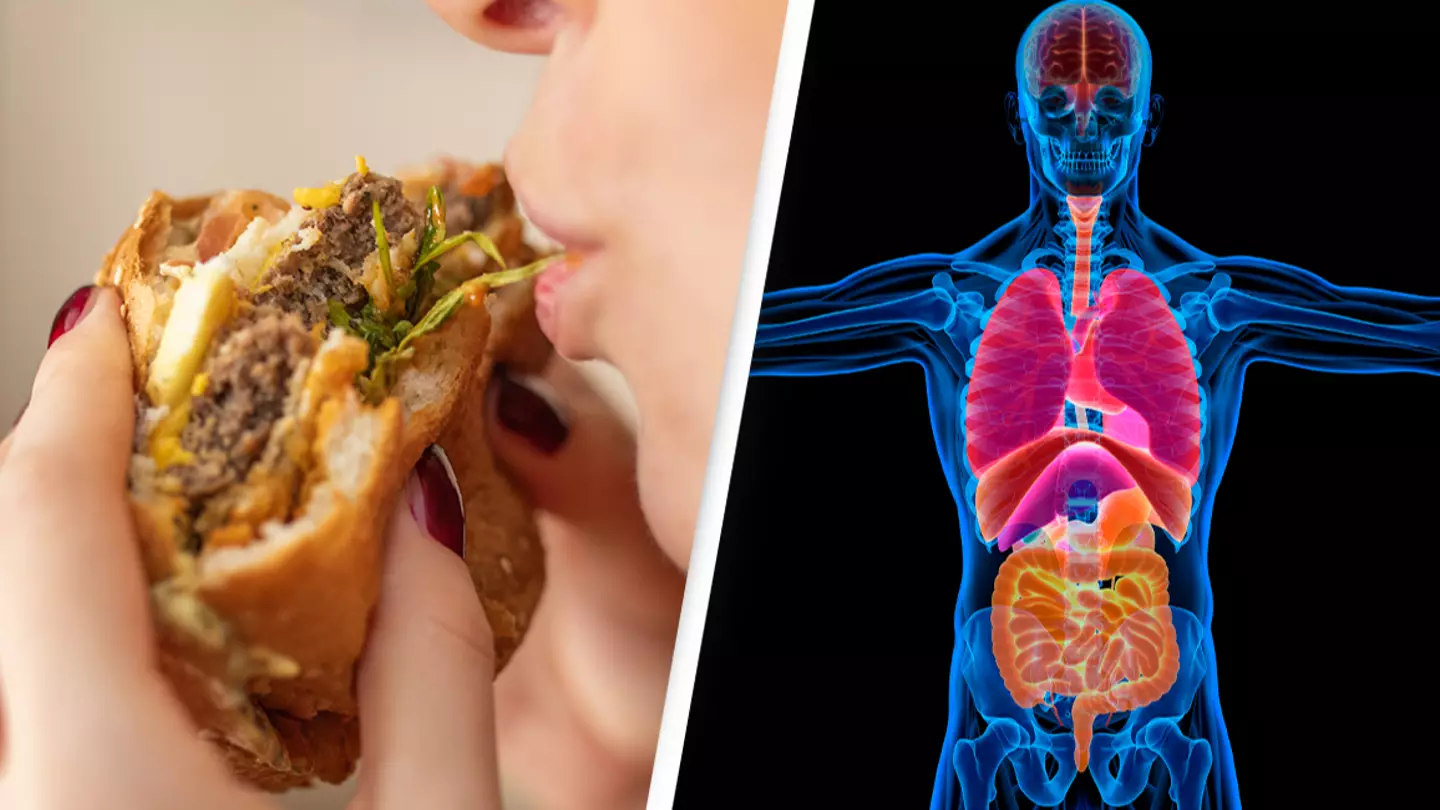
Many of us are trying to be healthier, with exercise, good nutrition, and looking after our mental health.
One expert has warned of a series of 'hidden dangers' to be aware of which could be 'damaging' your body despite your good intentions.
Dr Yvonne Burkart is a toxicologist who specialises in identifying hidden toxins and chemicals in every day items around the home.
She has issued a series of warnings around some of our most loved items that many of us will have in and around the house, in our fridge, or on our bodies.
Advert
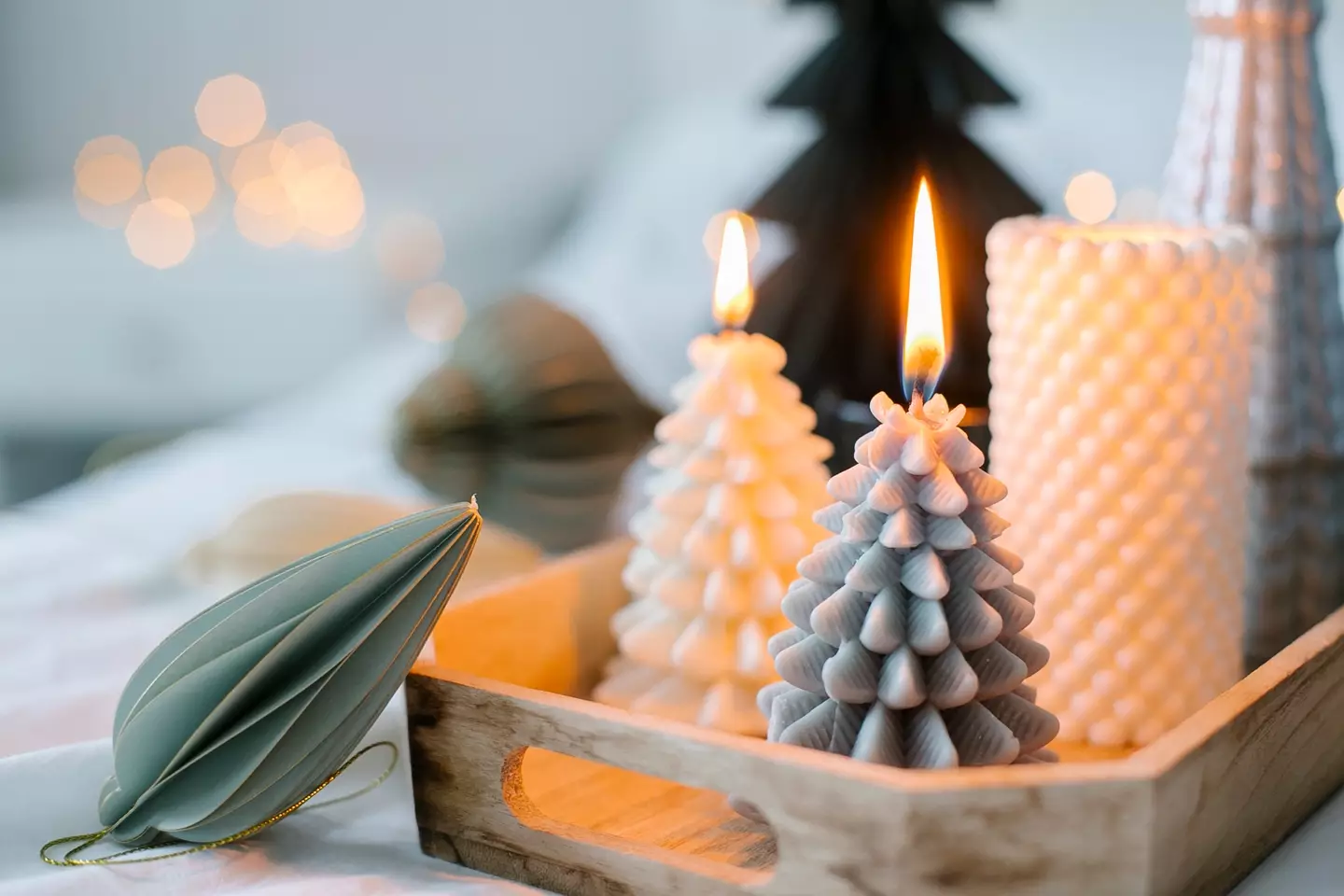
Lighting candles
It's bad news if you're a fan of a scented candle as part of your relaxation routine, according to Dr Burkart.
"When you light a candle you’re not just liberating fragrance molecules but there’s also toluene, benzene and other toxic chemicals that are known to be human carcinogens, through the route of inhalation, being released into the air", she explained.
Yep, it seems you might be getting more than you bargained for when you light that French vanilla fragrance.
Th expert continued: "When you are using a conventional candle with synthetic dyes, petroleum based wax and synthetic undisclosed fragrance in particular, you’re releasing ultrafine particulate matter which is the most hazardous type.
"These chemicals are not just staying in the air, they attach to house dust and deposit on the surfaces of your home, so if you have a baby that’s crawling around on the floor, putting things in his or her mouth, inhaling all of this and ingesting all of these particles, they cannot detoxify the way that adults can. Their bodies are developing and these early life exposures have lifelong consequences."
If you really can't go without, she advises going for as natural and high quality a candle as possible.

Cooking with non-stick cookware
If you're a fan of a non-stick pan to prevent your omelette from turning into scrambled eggs, Burkart suggests you think again: "Non-stick coatings on cookware are primarily made of man-made chemicals known as per and polyfluoroalkyl substances (or PFAS for short)."
What are PFAS exactly?
"There are 15,000 types of chemicals within this broad class according to the EPA. The first reports of Teflon toxicity date back over 70 years yet only now are the health effects in humans becoming widely known", Burkart explained.
She also said some of the risks according to the Environmental Protection Agency include 'infertility, hypertension during pregnancy which can be deadly, developmental effects or delays in children including low birthweight, accelerated puberty, bone variations, or behavioural issues'.
"There can also be increased risk of some cancers, including prostate, kidney and testicular cancers, and the reduced ability of the body to fight infections including reduced response to vaccines," she warned.
"They can also lead to interference which is known as endocrine disruption, increased cholesterol levels or risk of obesity. Intestinal inflammation has also been noted with PFAS exposure which is similar to conditions like ulcerative colitis."
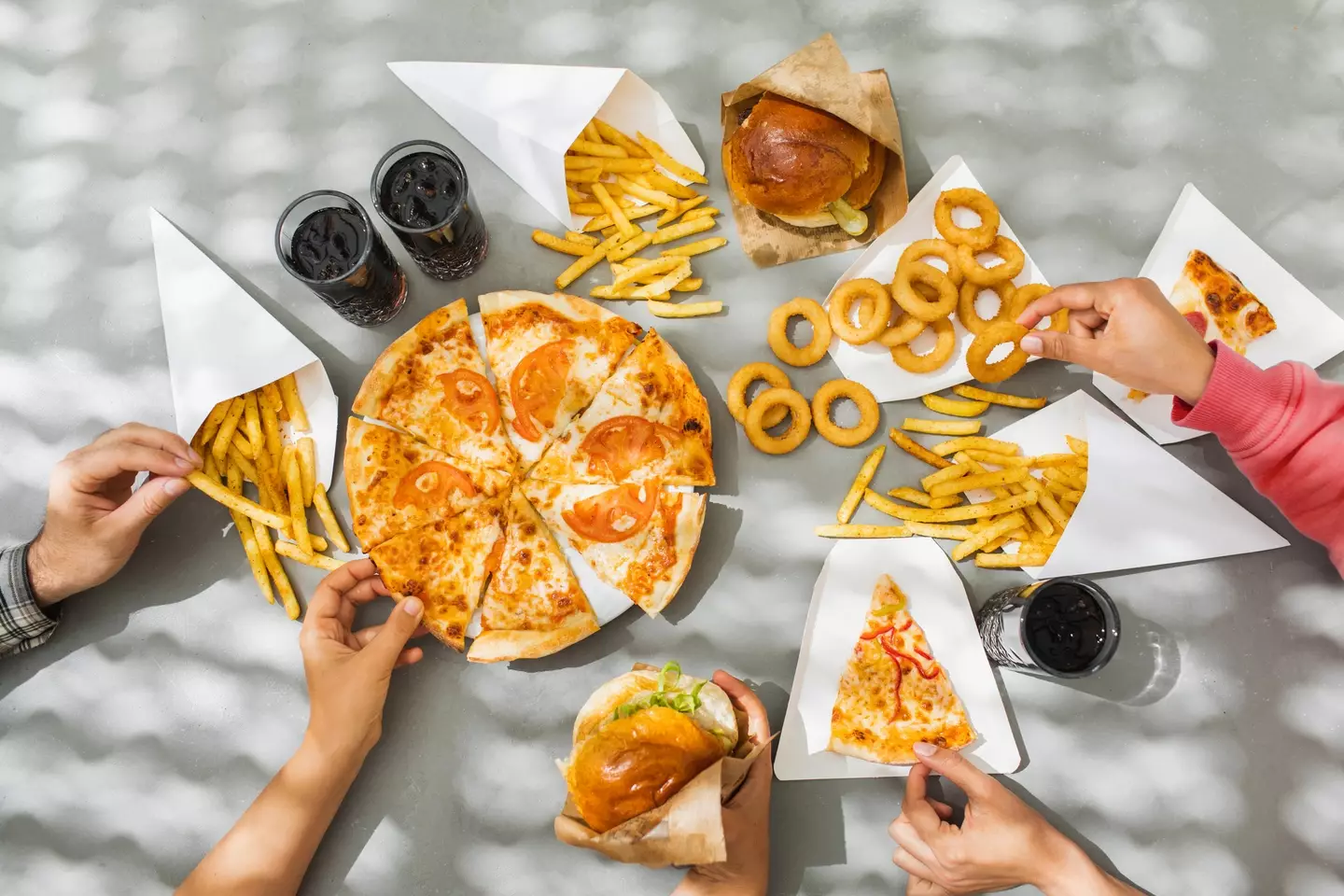
Eating processed foods
Cooking from scratch constantly can be a chore, but in the US, Dr Burkart says there are numerous food additives to be aware of, and for the harm they might cause.
"These food additives are banned in other countries but still allowed in the US," she said.
"Titanium dioxide is a possible human carcinogen and is banned from foods in the European Union, but it’s still found in US foods like Kraft cheese. Brominated vegetable oil was banned by the FDA in July of 2024 for thyroid disruption and is still found in citrus flavoured soda and drinks, especially store brands."
Yum! Maybe not...
She added: "Propol paraben is a xenoestrogen and suspected endocrine disruptor that is used in store bought baked goods."
.jpg)
Not filtering your water
We all know we need to be staying hydrated (and ten cups of coffee doesn't count, sorry), but the toxicologist advises that you 'absolutely should' filter your tap water.
"Absolutely if you live in an area where your water has been fluoridated," she insisted.
It depends what type of filter you go for though she says, with some being better than others: "Lower cost options don’t remove fluoride or nearly enough chemicals, and tap water is a source of hormones, endocrinian disruptors, pesticides, fluoride if it’s added to the water, agricultural run-off, there’s a bunch of different contaminants in tap water depending on where you live.
"We’ve got to be careful with the water that we’re using to drink and cook with."

Not opening your windows
In the middle of winter, it can be tempting to keep the windows closed and the heating cranked up on full, with three of those scented candles lit that we mentioned before.
Dr Burkart says even though it's cold, opening the windows is a must: "Air quality indoors can be up to five times worse than air quality outside, which shocks a lot of people!"
"That stat comes from the Environmental Protection Agency, the EPA. The reason being is that people are not adequately ventilating their homes."
She added: "Cooking generates particulate matter too, but do we need to stop cooking? No. We need to prioritise what’s important and what’s not important.
"Make sure you’re opening the windows. Indoor air is absolutely imperative if you want to improve your health. You have to clean up your indoor air."
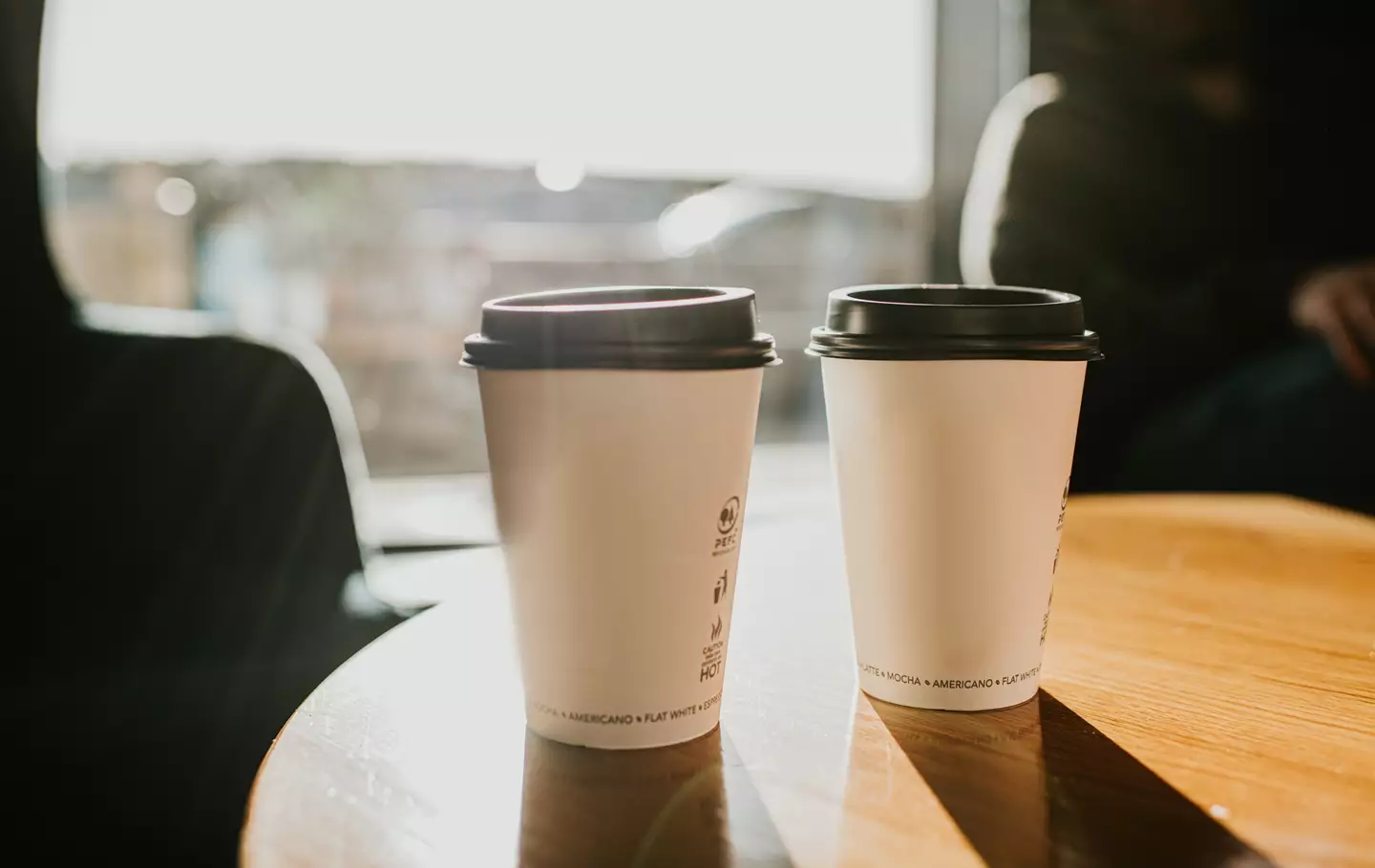
Drinking from ‘to go’ coffee cups
If you're a coffee fiend, the toxicologist says you might want to invest in a ceramic coffee cup, to give to the barista for your third caffeine hit of the day.
"Disposable coffee cups are the issue, it’s the plastic lined, paper to-go cups with the plastic lid on them," advises Dr Burkart.
"They are lined with a thin layer of plastic and unfortunately when you pour hot liquids like coffee that are acidic and hot into this plastic lined cup, they will leach plastic particles and heavy metals into your drink that you are consuming."
Yummy!
"They’ve been detected in human lungs, placenta, heart, they’re everywhere. They’re not going anywhere. We can’t digest them," she insists.
"The mechanism of detoxification is not clear so it’s not like we can load up on some supplements and get rid of them, as we don’t know if the body can process them at all."
.jpg)
Using cosmetics with these ingredients
Many of us use dozens of different beauty products a day, but Dr Burkart asks when you last stopped and looked at the ingredients in them.
She referred to previous research that has been carried out: "They took breast cancer cells, and measured breast cancer genes before and after the intervention.
"The intervention was very simple, only switch out your personal and beauty care products, avoiding certain ingredients – parabens, phthalates and phenols.
"After 28 days they saw a significant reduction in breast cancer gene expression, which is huge. This is in humans, this is doses that you would see in products that are being sold on the shelves that people are using day in and day out."
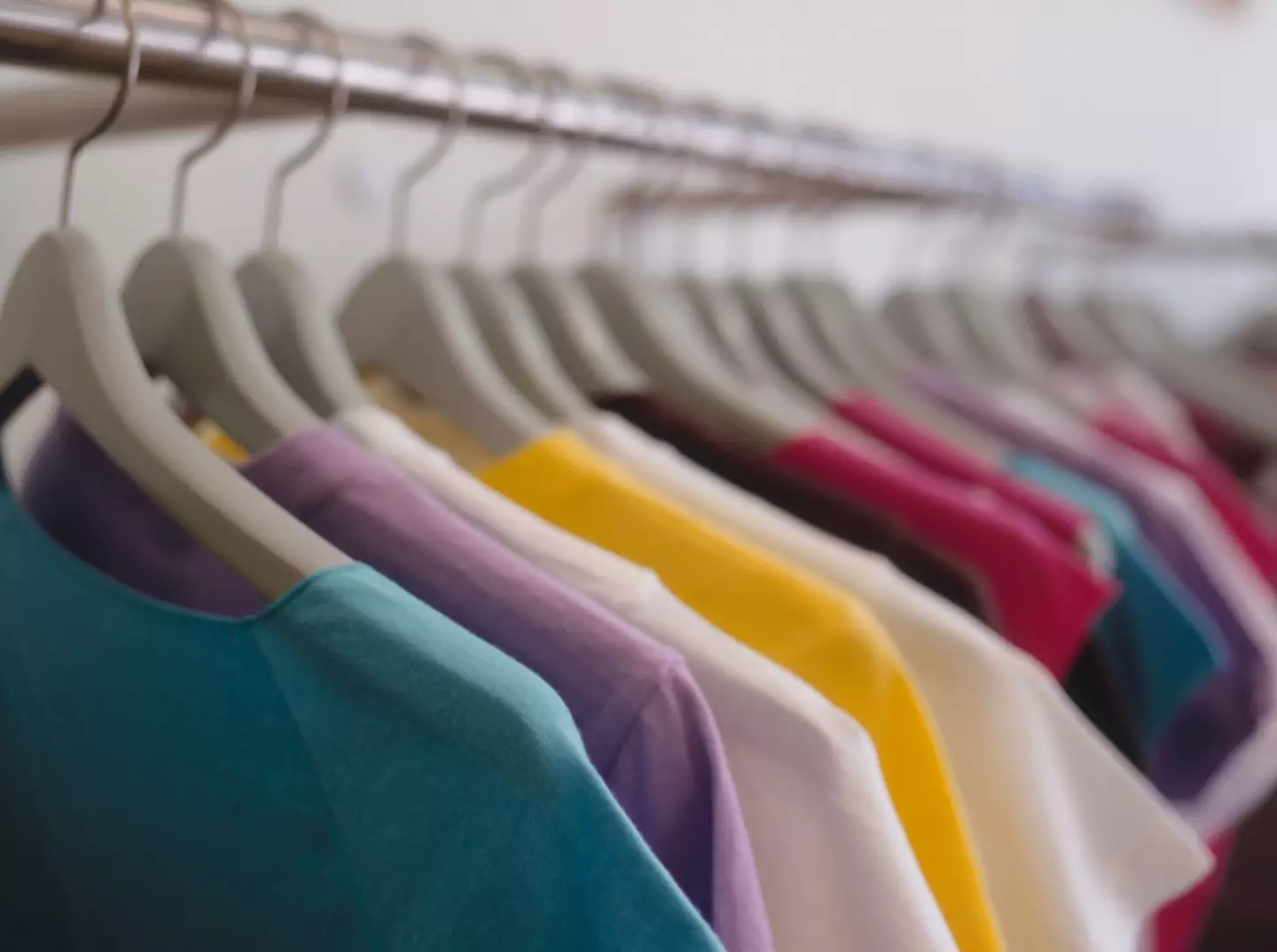
Wearing plastic/chemical-filled clothing
You might think that you're doing the best thing for you by going for a run or working out, but the toxicologist said to be mindful of what you're wearing to exercise because 'substances in clothing can be ingested, inhaled or absorbed into the bloodstream'.
"Recent studies found that popular workout gear contain high levels of bisphenol, an endocrine disrupting chemical," she advised.
"These are usually tight fitting and rub against the skin, creating friction especially during workouts, and breath rate, body heat, and also sweat are uncreased during exercise, which could mean increased chemical penetration and absorption into the bloodstream," she added.
There's those pesky plastics again, too: "Not to mention, synthetics like polyester release microplastics."
What can we do instead?
"This is why I work out in organic clothing as much as possible", she explained, and recommended organic cotton tees and sweats.
So, what next?
It's worth noting that not everyone agrees with Dr Burkart and say that a pinch of salt is needed, with one expert replying: "Medical Toxicologist here. I've spent years taking care of actual human patients and I disagree with the claims here, you are not being 'poisoned' by everyday household products, plastic, candles or food. You don't need to purchase any 'detox' remedies either."
"I'm sorry, she lost me on.. 'no candles'.... I guess I'll just die on that fragrant hill", joked one social media user.
"Small changes, done consistently over time, make a big difference," agreed one fan.
"I’m surprised she didn’t mention alcohol!" added another.
Will you be making any changes?
Topics: Health, Life, Food and Drink